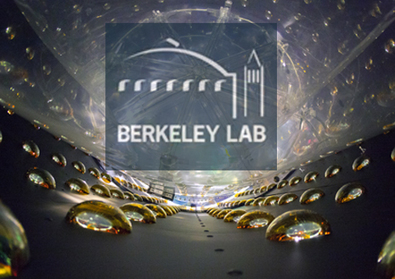Marketing is a big numbers game. You need to track countless actions of countless leads across countless channels. You need to gather insights from every
Sourced through Scoop.it from: techspective.net
One of the problems that businesses can have protecting sensitive data is the task of actually locating it in the first place.
Sourced through Scoop.it from: betanews.com
Bias is an overloaded word. It has multiple meanings, from mathematics to sewing to machine learning, and as a result it’s easily misinterpreted.
Sourced through Scoop.it from: www.predictiveanalyticsworld.com
Crowdsourcing opens the door to solving a wide variety of problems that previously were unfeasible in the field of machine learning, allowing us to obtain relatively low cost labeled data in a small amount of time.
Sourced through Scoop.it from: www.advancedsciencenews.com
This week, we dive deep into machine learning. ML's near-human performance masks some really strange issues, because ML logic is not like our Earth logic.
Sourced through Scoop.it from: jaxenter.com
It is becoming increasingly obvious to college undergraduates that entering the data science field may be the quickest way to find a job in their field
Sourced through Scoop.it from: www.datanami.com
Over the past three decades, there have been trends and shifts in the evolution of the data scientist. Here are four ways the data scientist has changed over the years, writes Dr. Beverly Wright, Chief Analytics Officer, aspirent.
Sourced through Scoop.it from: www.martechadvisor.com
Since the concept of “machines learning” was introduced in the 1950s, the field has gone from a cryptic domain understood by a few (Turing, Markov, Legendre, Laplace or Bayes) to a technology that every company mus
Sourced through Scoop.it from: www.forbes.com
Armed with a healthy sense of skepticism, ULI Greenprint members are evaluating a range of tech-based approaches to augment savings already achieved through Greenprint’s shared-data benchmarking.
Sourced through Scoop.it from: urbanland.uli.org
Applying artificial intelligence to self-driving cars to smooth traffic, reduce fuel consumption, and improve air quality predictions may sound like the stuff of science fiction, but researchers at the Department of Energy's Lawrence Berkeley National Laboratory (Berkeley Lab) have launched two research projects to do just that.
Sourced through Scoop.it from: techxplore.com



















